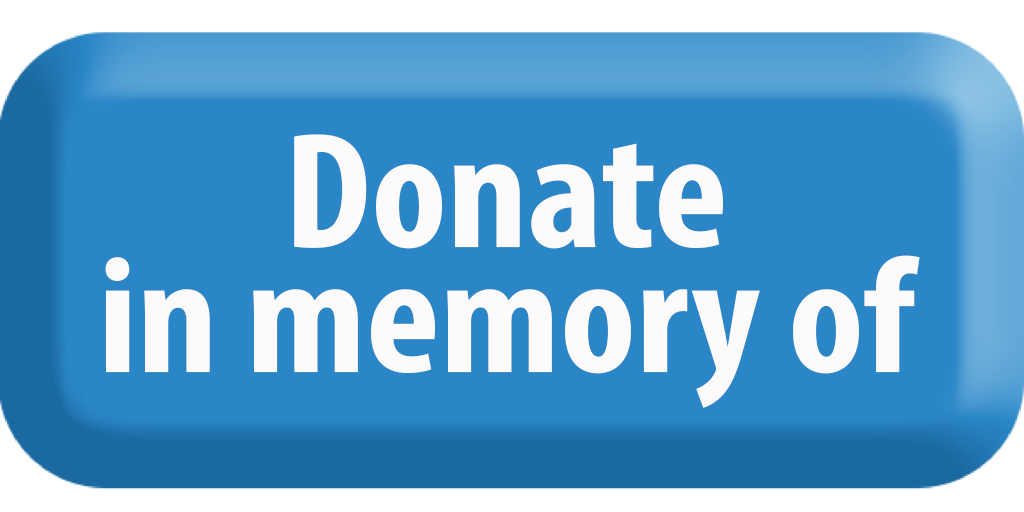Dear Hope Nation,
It is the best of times, it is the worst of times, it is the age of change through peaceful demonstrations, it is the age of violent riots, it is the epoch of recovery, it is the epoch of pandemic disease, it is the season of insight, it is the season of willful ignorance, it is the spring of potential, it is the winter of impossibility, we had everything in our hearts, we had nothing in the larder, we were all going direct to Life, we were all embracing death—in short, it was every day since the world began.
My natural tendency is to see the glass as not just half-empty but kind of dirty and with a crack beginning to appear. Thirteen years in recovery have helped me become more optimistic, but I’ll never lose the ability to see the cloud forming around that silver lining.
As a young teenager, I was drawn to reading old books I didn’t fully understand. (That last sentence is weaselly—I didn’t understand them at all. I just thought I’d look smart and insightful for reading them.) Dostoyevsky’s Notes from Underground, The Gambler and The Idiot, Pascal’s Pensées and Russell’s A History of Western Philosophy were all examples of the kind of book I made my way through, wrote down notes about and finished without having learned a damn thing. Still, they were “serious” books, unlike the books I read for fun, which I dismissed as lightweight.
Any book I could understand, any book I enjoyed, any book with a story was a book of which I was secretly ashamed. The novels I’ve reread with joy and pleasure many times since were kept secret from my friends, like candy bars at the bottom of a dieter’s bag. Literature, good literature at least, was supposed to be difficult, giving up its secrets only slowly. The works of Fitzgerald, Hemingway, Sinclair Lewis, John Updike and Philip Roth were far too popular and accessible for a budding intellectual.
Perhaps the greatest example of the Too Good a Read to be Good Literature school of 14-year-old snobbery is Charles Dickens’ A Tale of Two Cities, a book I’ve reread at least once a decade since. As a kid, I couldn’t admit how much I loved this novel, with its French Revolution setting, its Doctor Manette, Charles Darnay and Sydney Carton—each “recalled to life” in a different way, the lovely Lucie Manette and the bitter Madame Defarge. I was lucky to discover this book outside a classroom, away from the English teacher’s desire to analyze literature like a butterfly removed from a killing jar, the chloroform odor destroying the mind of the reader as well, Instead of looking for clues into Dickens relationship to class struggle, feminism or his family, I read A Tale of Two Cities as a page-turner, a crackling tale of spies and love and violence. I liked the book as a story not as a Talisman of High Art. It didn’t challenge me as a reader, didn’t make me wonder what Dickens “really” meant or confuse me with seemingly contradictory notions. Instead, it grabbed me from page one until Sydney Carton’s heartbreaking last line.
Patient readers have been waiting to see how this all ties into recovery. Here’s the payoff: I can have a lot of high-blown, half-understood ideas about addiction and its causes, but none of them will matter when it’s two in the morning and I hear the sounds of wolves in the distance coming closer. Then I need a few simple truths and a couple recommended practices. Whatever pathway I walk in my recovery, I need a simple captivating story, maybe something like:
Getting into recovery was a far, far better thing that I did than I have ever done; it is a far, far better peace that I know than I have ever done.
You matter. I matter. We matter.
Keith
For the sticklers among you, here are the opening and closing lines of A Tale of Two Cities:
“It was the best of times, it was the worst of times, it was the age of wisdom, it was the age of foolishness, it was the epoch of belief, it was the epoch of incredulity, it was the season of Light, it was the season of Darkness, it was the spring of hope, it was the winter of despair, we had everything before us, we had nothing before us, we were all going direct to Heaven, we were all going direct the other way—in short, the period was so far like the present period, that some of its noisiest authorities insisted on its being received, for good or for evil, in the superlative degree of comparison only.”
“It is a far, far better thing that I do, than I have ever done; it is a far, far better rest that I go to than I have ever known.”



